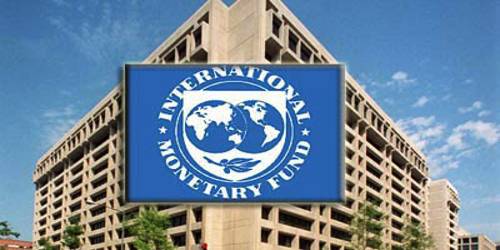
The Debt Management Office (DMO) has picked holes in the analysis of the International Monetary Fund (IMF), which recently said in its 2021 Article IV, that the Nigerian Government could spend as much as 92.6 per cent of its revenue on debt servicing this year. Seconding the position of IMF is Agusto and Co., a Pan-African credit rating agency.
However, the DMO, in a statement released Saturday, explained that while Nigeria’s debt and debt service levels may have grown over the years, the reports of the two bodies failed to consider the challenges experienced by Nigeria in recent times; such as two recessions, sharp drop in revenues and security challenges. The DMO was also uncomfortable with the analysis that skirted around the improvements in infrastructure, which have been achieved through borrowing, as well as, the strong measures by the government to grow revenues. The DMO reiterated the fact that the government was already implementing policies towards increasing revenues and developing infrastructure through Public Private Partnership arrangements, both of which will improve debt sustainability. The DMO also noted that the Federal Government has active and regular engagements with the IMF on borrowing and debt management.

As at the end of September, 2021, debt-servicing-to-revenue ratio stood at 76 per cent, implying that 76 kobo out of every N1 earned by the government was spent on payment of interest on debts.
IMF’s latest statement estimates the debt-servicing-to-consolidated revenue (total revenues of the government and its agencies) for 2021 and 2022 at 29 and 32.8 per cent respectively.

It also projects the public debt to grow by 117.8 per cent on a year-on-year basis in 2022, just as inflation is to grow at an average rate of 14.3 per cent. Headline inflation rate closed last year at 15.63 per cent.
The Fund expects the country’s revenues and grants in the year to cap at seven per cent of total output. Last year’s rate was estimated at 7.4 per cent, which is much higher than 6.3 per cent achieved in 2020.
Credit: Daily Sun
